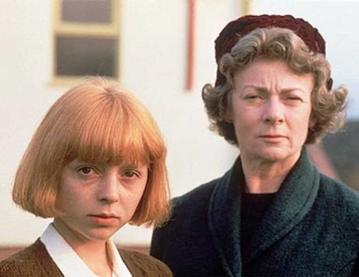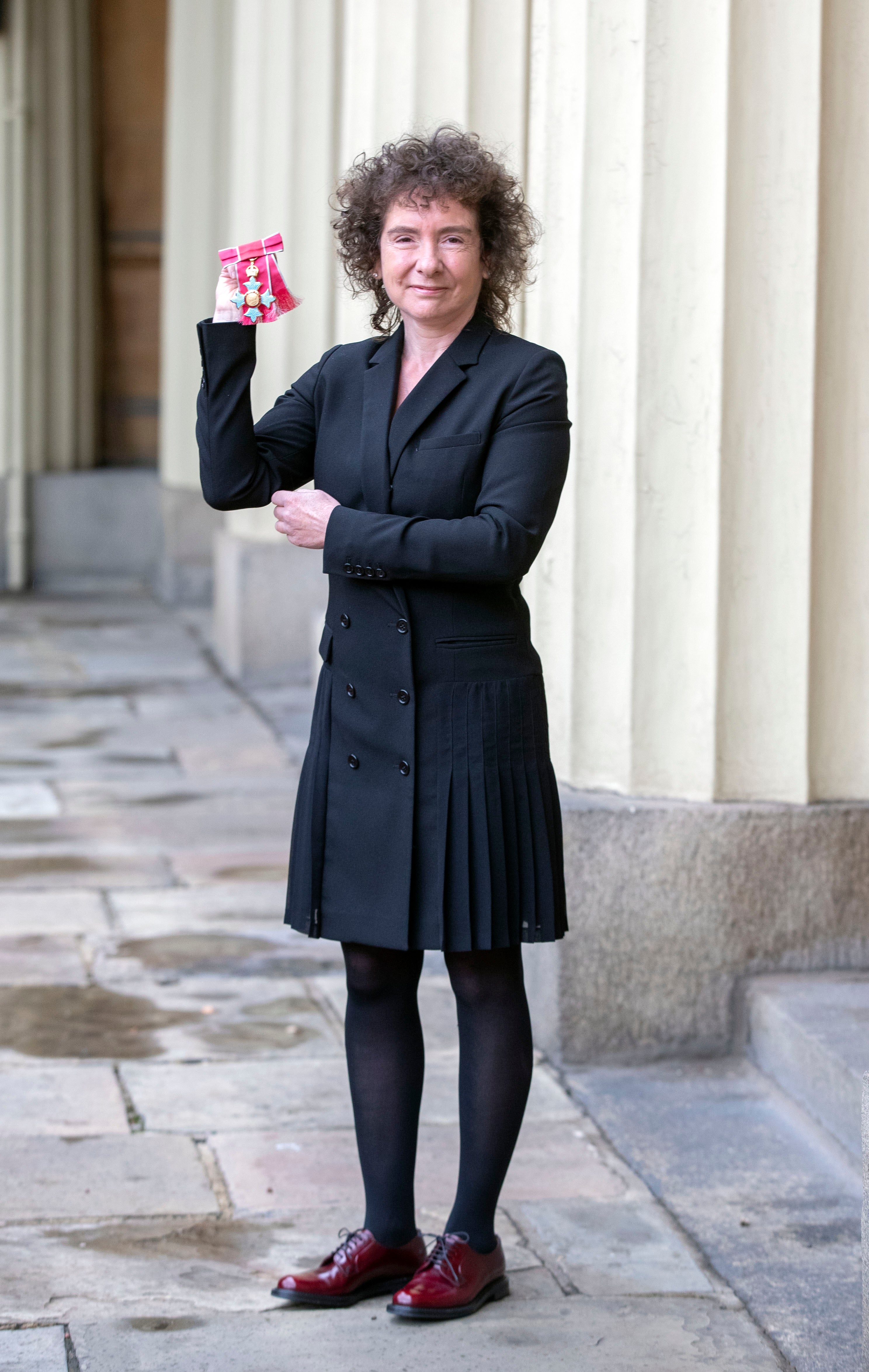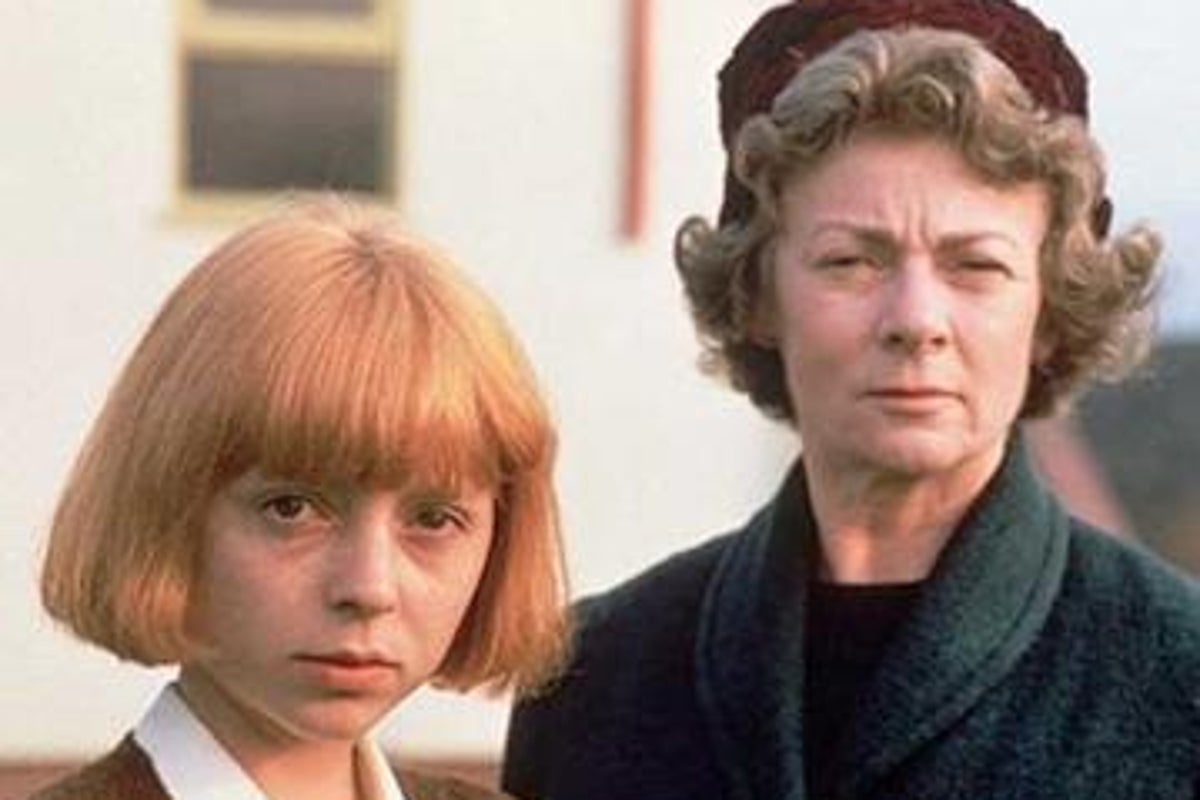Jeanette Winterson has reflected on how the BBC “bravely” defied Margaret Thatcher by commissioning an adaptation of her groundbreaking 1985 novel Oranges Are Not the Only Fruit.
The author, 65, discussed her book at the 2025 Hay Festival, which has partnered with The Independent for a second year.
Inspired by her own life, Oranges is a coming-of-age story about a lesbian who grows up in an English Pentecostal community. Winterson wrote a follow-up memoir titled Why Be Happy When You Could Be Normal? in 2011, which filled in the blanks left by her debut fiction, and delved further into her fraught relationship with her mother.
Speaking to the audience at Hay, Winterson said: “After Oranges was published in 1985, the BBC did something very brave, which is that they commissioned the three-part drama.
“This was at a time when Margaret Thatcher had brought in the infamous Section 28 of the Local Government Act, which, you remember, said that no public funds of any kind should be directed into any activity, instruction, education that would promote what she liked to call ‘pretended family life’. Any homosexuality whatsoever.
“Now, I had a few things to say about ‘pretended family life’, because that’s what I’d been living.”
Winterson spoke out against those in authority at the time who were “rejecting the imagination and pushing aside alternatives that don’t fit”.
She said their position was “not to dream, not to aspire, not to see both sides, not to try to understand what it is to be human”.

“And so, in Oranges, the BBC were very brave, and what we were trying to do was show a different reality,” she said. “And above all just to defy what was going on with Thatcher’s government at the time about how public money could or should be spent.”
Winterson said that Oranges “really shook up TV at that moment”. A winner of the Best Drama Bafta award, the mini-series starred Charlotte Coleman as Jess, a character based on Winterson, alongside Geraldine McEwan, who played Jess’s mother. McEwan won a Bafta for her performance.

“We were really just trying to say to authority – because we weren’t authority, we were only young – that there are other ways of looking at things, other ways of doing things, other ways of being creative,” she said.
Born in Manchester, Winterson is the award-winning author of books including Written on the Body (1992), Sexing the Cherry (1989), and most recently the essay collection 12 Bytes in 2021.
The 12 essays in the book draw on years of research into artificial intelligence ask challenging questions about humanity, art, religion and love.




